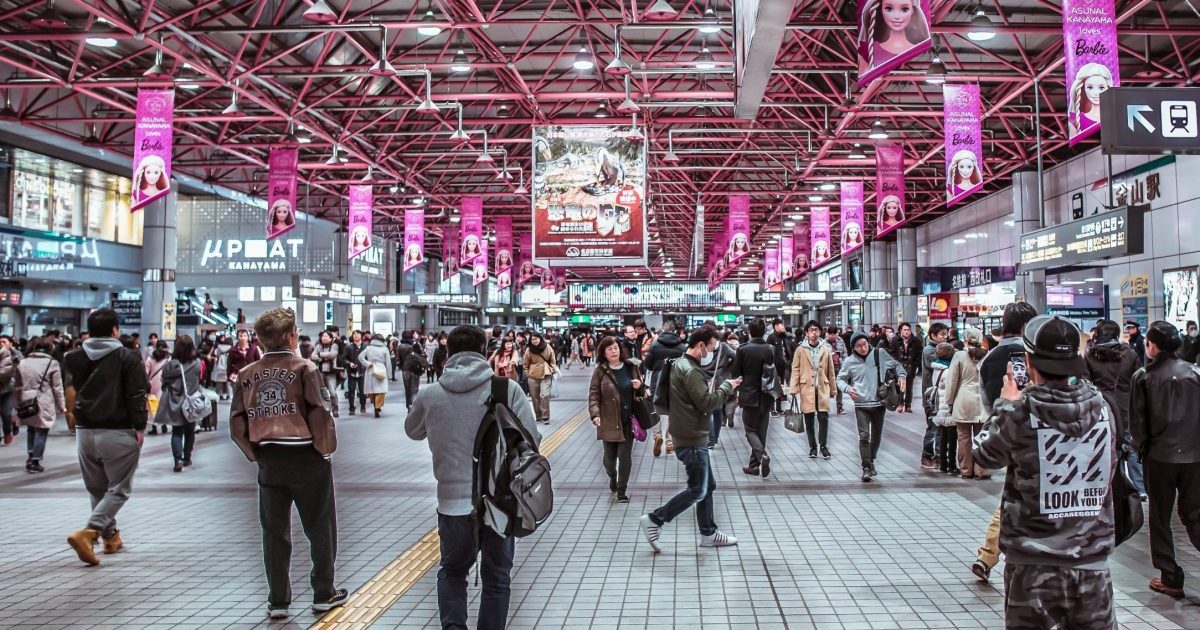What is Agoraphobia?

Agoraphobia is often viewed as the opposite of claustrophobia, but the reality is a little different to public perception. John Hopkins defines a phobia as an “uncontrollable, irrational, and lasting fear of a certain object, situation, or activity”. While claustrophobia is an irrational fear of confined spaces, agoraphobia is not the fear of open spaces, but rather, the fear of being in a situation from which there is no escape.
For people with agoraphobia, there are many situations that can feel seemingly inescapable. Visiting a small island or staying in an isolated, rural home may sound appealing to many people, but could leave sufferers of agoraphobia fearful that help cannot arrive should something go wrong.
Sufferers of agoraphobia also tend to avoid situations where they are not in control, which can make it very difficult to use public transport. Not only does public transport take people further and further away from the safety of their own home, but they are also not in control of the vehicle. Stepping on a boat or plane means there is no escape until arrival. Even buses and trains have set routes, and disembarking early would mean waiting in unfamiliar surroundings until more public transport came.
In most cases, part of the anxiety felt stems from the fear of public embarrassment. Agoraphobia can often lead to panic attacks, or at least lead to similar symptoms, such as hyperventilating, trembling, sweating, and dizziness. Combined with the worry that one’s departure from a social event may be noticed, this causes many sufferers to avoid social situations entirely, even with people or settings that are familiar.
It is not always possible to identify the root cause of agoraphobia, but it is believed to arise from a combination of biological and psychological factors. One possible cause is that certain people have a “fight or flight” instinct with a lower threshold, reacting intensely at the first sign of a potential threat. Psychologically, a past trauma such as becoming lost or trapped could cause agoraphobia to develop in response, as a way to prevent a similar experience.
Agoraphobia can have a major impact on a person’s quality of life. But no matter how daunting it may seem, it can be overcome. By working with a psychotherapist, people with agoraphobia can gain insight into how their thought-processes are framing their view of the world, and work towards a more relaxed, less apprehensive approach to public situations.
If you are dealing with anxiety and would like to talk to someone, please get in touch with us today.
